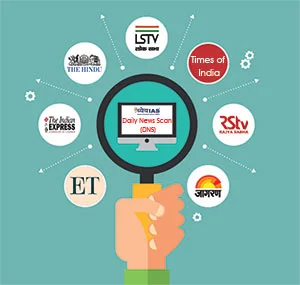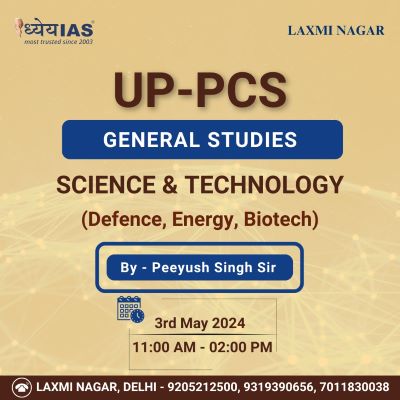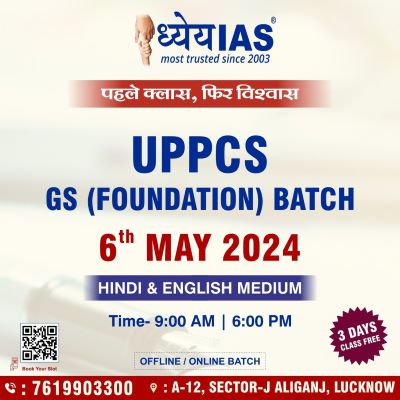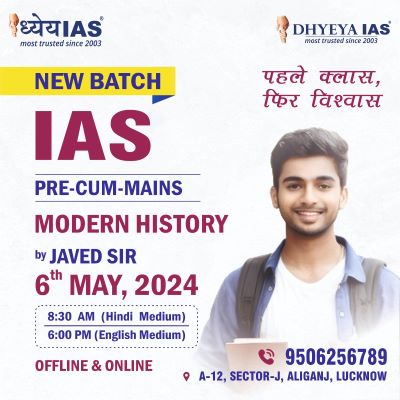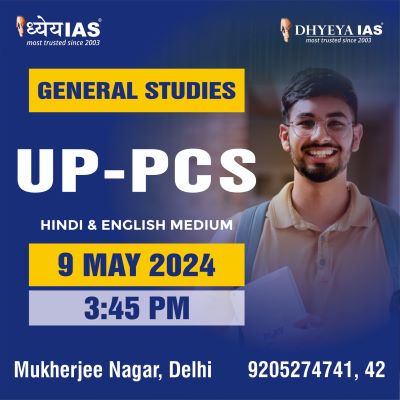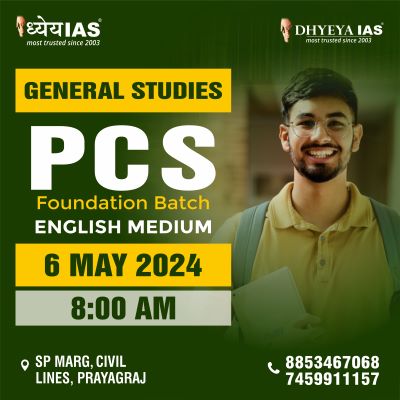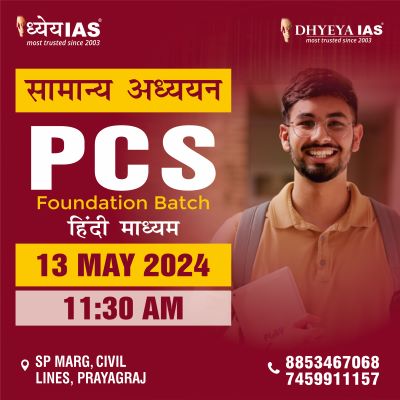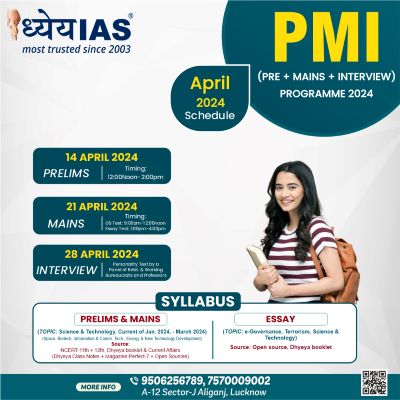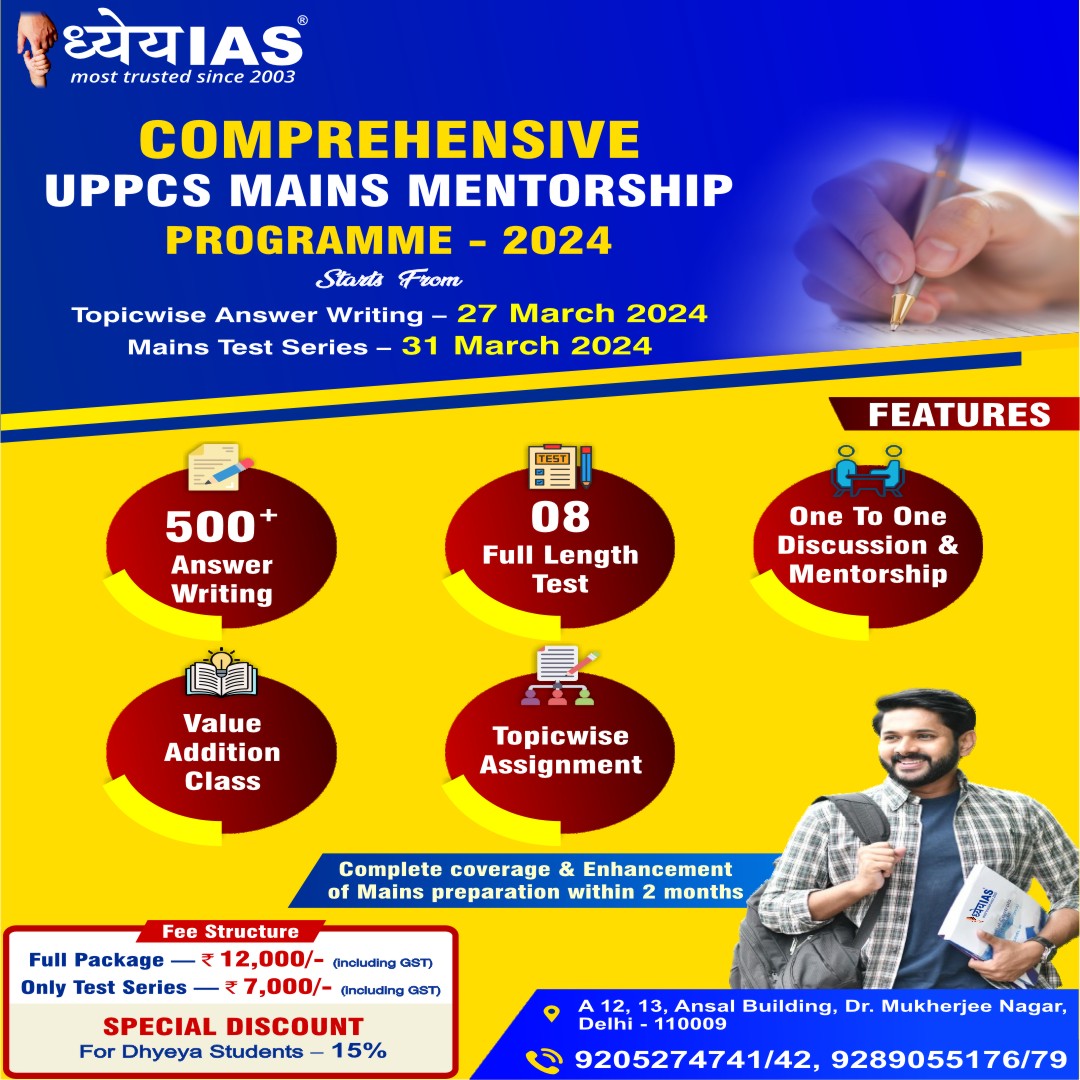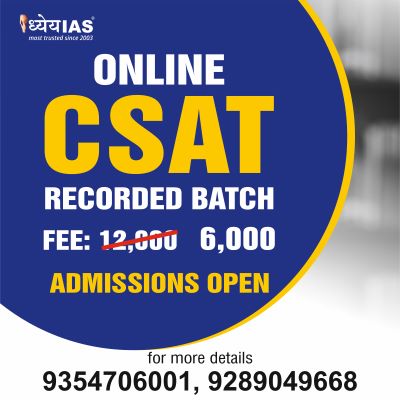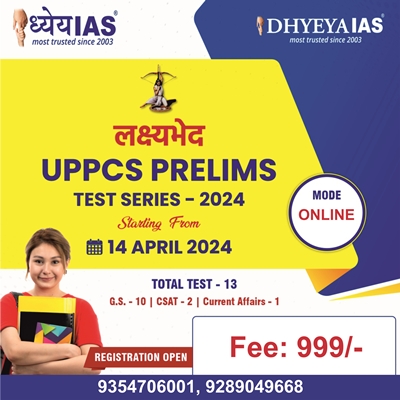(Daily News Scan - DNS English) Rapid Antigen Test
As the number of Corona cases are increasing in INDIA, the speed of testing is also increasing with it. There a number of testing facilities on which the ICMR relies on for detecting coronavirus in humans. ON June 15, the ICMR approved one more test for corona virus diagnosis. This new test is known as Rapid Antigen test. This will be used in specified settings and the kits of the same is allowed to be manufacture by only one manufacturer for now.
In this DNS we will now about Rapid Antigen test.
India is focusing on more number of tests as the corona cases in the country are increasing drastically day by day. So in order to increase testing the ICMR has approved another test, Rapid ANTIGEN Test. This test is capable of giving results within 30 minutes.
Rapid Antigen test is a test on swabbed nasal samples that detects antigens (foreign substances that induce an immune response in the body) that are found on or within the SARS-CoV-2 virus. It is a point-of-care test, performed outside the conventional laboratory setting, and is used to quickly obtain a diagnostic result.
In India, the ICMR has allowed the use of antigen detection kits developed by a South Korean company S D Biosensor, which has a manufacturing unit in Manesar. The kit, known as Standard Q COVID-19 Ag detection kit, comes with an inbuilt Covid antigen test device, viral extraction tube with viral lysis buffer and sterile swab for sample collection.
The ICMR has conducted an independent two side evaluation of the S D Biosensor kit at ICMR and AIIMS. The tests revealed that the kit had a very high ability to detect true negatives, ranging between 99.3% and 100% at the two sites. The sensitivity of the test, or its ability to detect true positives, ranged between 50.6% and 84%, depending upon the viral load of the patient. The higher the ability to detect true negatives, the more reliable is any positive result.
Each kit costs around Rs 450 and shows result within 30 minutes as opposed to RTPCR Test that take 3-4 hours. ICMR and the All India Institute of Medical Sciences (AIIMS) have recommended antigen test in view of its high specificity while relatively low sensitivity.
The RTPCR Test is the standard for the diagnosis of COVID-19. Similar to RTPCR Test the RAPID ANTIGEN TEST, too seeks to detect the virus rather than the antibodies produced by the body. But the most significant difference between the two tests is the time difference in producing the result.
When the test result of the Rapid antigen test comes to be positive it will be considered true positive and any other test will not be done. But when the test is negative, they will be undergo RT-PCR test.
Presently, the kit will be used in containment zones or hotspot areas. In both settings, the ICMR, has prescribed the test to be performed onsite under strict medical supervision and maintaining the kit temperature between 2° and 30°C.
In containment zones, the test can be conducted on all symptomatic influenza-like illnesses. Whereas in asymptomatic direct and high-risk contacts with (lung disease, heart disease, liver disease, kidney disease, diabetes, neurological disorders, blood disorders) of a confirmed case will be tested once between day 5 and day 10 of coming into contact.
In healthcare settings, it can be used in three categories. First, in all persons presenting influenza-like symptoms in a healthcare setting and suspected of having Covid-19 infection;
Second, in asymptomatic patients who are hospitalised or seeking hospitalisation, in the following high-risk groups — those chemotherapy, immunosuppressed patients including those who are HIV positive, patients diagnosed with malignant disease, transplant patients, elderly patients (over age 65) with comorbidities.
Third, in asymptomatic patients undergoing aerosol-generating surgical/non-surgical interventions such as elective/emergency surgical procedures like neurosurgery, ENT surgery, dental procedures, and non-surgical interventions like bronchoscopy and dialysis.
The approval of this new testing kit will enhance the testing capability and also the detection of patients suffering from Covid-19 at a faster pace.

